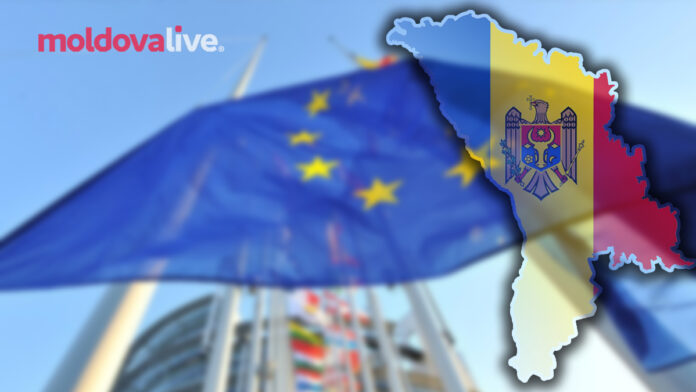Over the past 10–15 years, Moldova has gone through three main stages in its relationship with the European Union. According to political science expert Victor Juc, PhD, these stages include launching negotiations on the Association Agreement in 2010, signing the Agreement in 2014, and achieving EU candidate country status in 2022, IPN reports.
Juc explains that after the initial progress in 2010 and 2014, Moldova’s EU trajectory suffered a setback. “Oligarchic governance took root, banks were embezzled, and authorities even annulled the results of the Chisinau mayoral elections,” he said.
He noted that relations with the EU improved significantly after the 2020 presidential elections. “The new head of state brought renewed momentum, culminating in the granting of candidate status,” Juc emphasized.
Other milestones, such as the visa liberalization agreement and the launch of the explanatory and bilateral screening processes, also marked significant steps forward.
FOR THE MOST IMPORTANT NEWS, FOLLOW US ON TWITTER!
“These political and legal achievements have driven Moldova’s progress on the path to EU integration,” he added.
Juc believes Moldovan citizens will benefit from EU integration through stronger human rights protections, improved living standards, and better access to quality services.
However, he warns that several risks could slow down the accession process. “The Russian Federation may launch hybrid attacks during the fall parliamentary elections,” he cautioned. Externally, Moldova’s European path also hinges on developments in Ukraine.
Authorities in Chisinau initially set 2030 as the target year for EU accession, but recently moved the goal forward to 2028. “Barring exceptional circumstances, Moldova has a solid 70–75% chance of joining the EU by then,” Juc concluded.


